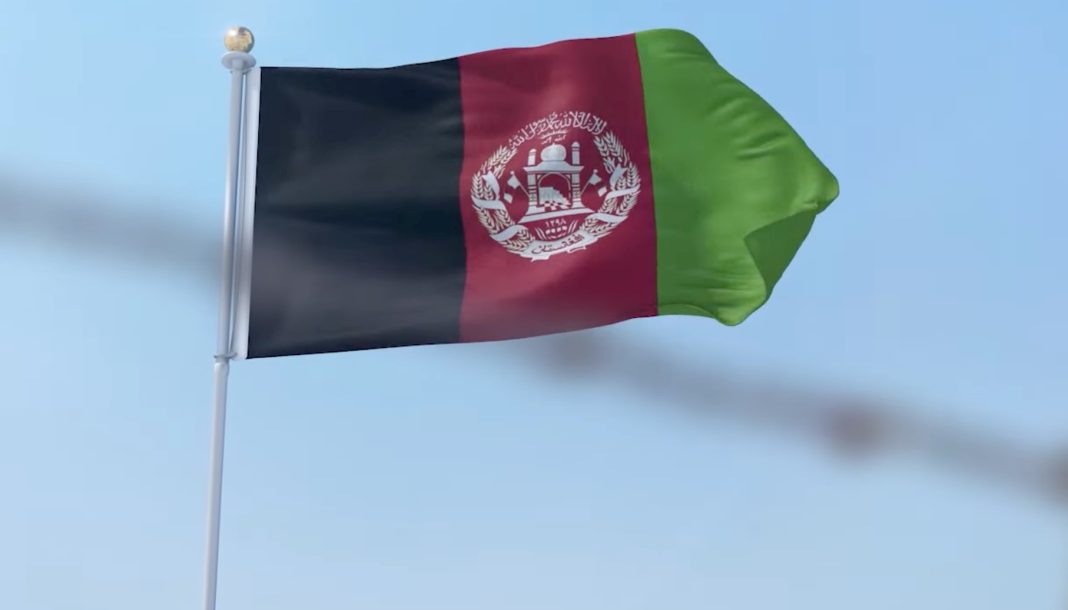By Janet Ekstract
NEW YORK – A flurry of diplomats and envoys from various countries and organizations are gathered in Doha along with the U.S. envoy in Qatar, the U.S. State Department said to:”help formulate a joint international response to the rapidly deteriorating situation in Afghanistan.”
On Tuesday, Al-Jazeera reported that the Doha talks began with involvement from envoys and diplomats from the U.S., the UK, the EU, the UN, China, Pakistan and Uzbekistan. Diplomats from Russia were expected to arrive in Doha for the talks, also. There was also a delegation to the Afghan government that included the chairman to Afghanistan’s high council for national reconciliation, Dr. Abdullah Abdullah who was also in Doha.
The Doha gathering was prompted by a number of developments including the Taliban gaining ground in taking multiple provinces and their unwillingness to return to negotiations The State Department is pinning its hopes on U.S. Envoy to Afghanistan Zalmay Khalilzad in halting the military offensive and negotiating a political settlement.
In the meantime, on Tuesday, the Taliban military chief released an audio message to his fighters that orders them not to harm Afghan forces and government officials in territories they conquer. The recording was shared on Twitter by Taliban spokesmen in Doha. In the audio, the son of the late Taliban leader Mullah Mohammed Omar – Mohammad Yaqoob – instructs rebels to stay out of abandoned homes of government and security officials who have fled, leave marketplaces open and protect businesses including banks. Analysts doubt whether the instructions will be followed.
On Monday, the Taliban announced it captured a sixth provincial capital in four days but the numbers have steadily increased since then. As for the U.S. lack of response, a Pentagon spokesman explained that Washington now views the fight for Afghanistan as solely between Afghan political and military leaders. The spokesman, John Kirby, commented at a news conference: “When we look back, it’s going to come down to leadership and what leadership was demonstrated or not,” by Afghans.
Meanwhile, U.S. officials said that military commanders acknowledged conditions in Afghanistan are rapidly deteriorating. On Sunday, senior officials from the White House National Security Council, State Department and the Defense Department, were in close contact with U.S. embassy officials in Kabul to evaluate the widespread effects after Kunduz fell to the Taliban. A senior administration official calls it the largest and most significant takeover by the Taliban.




